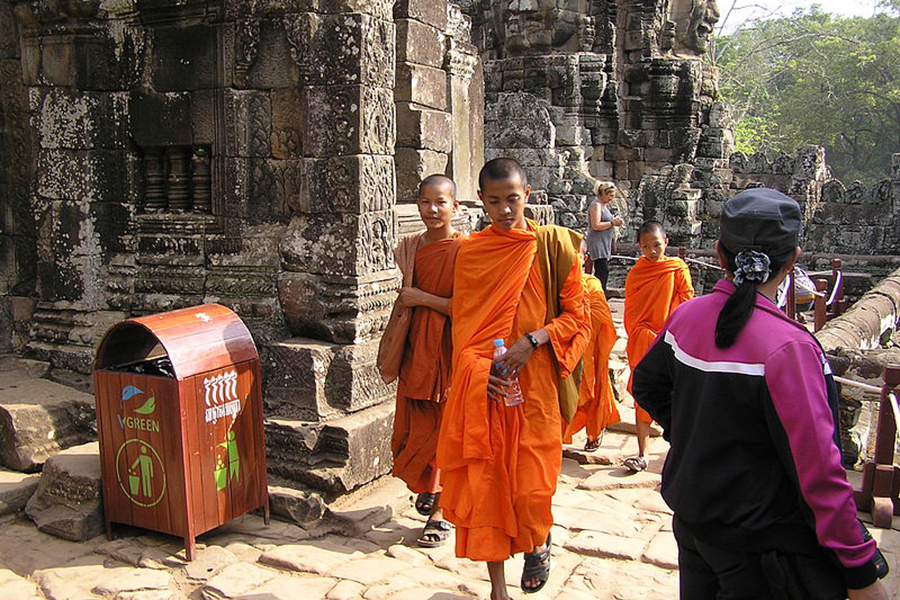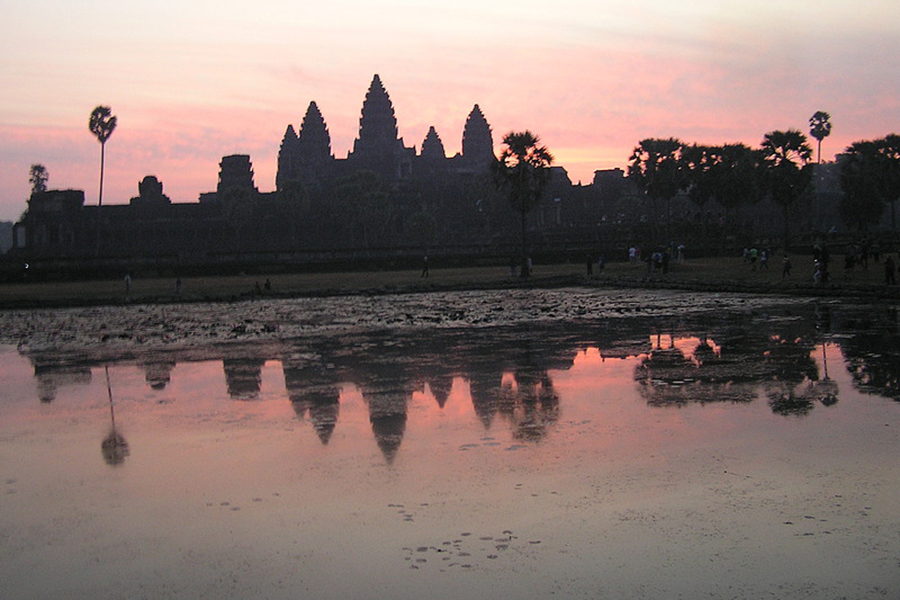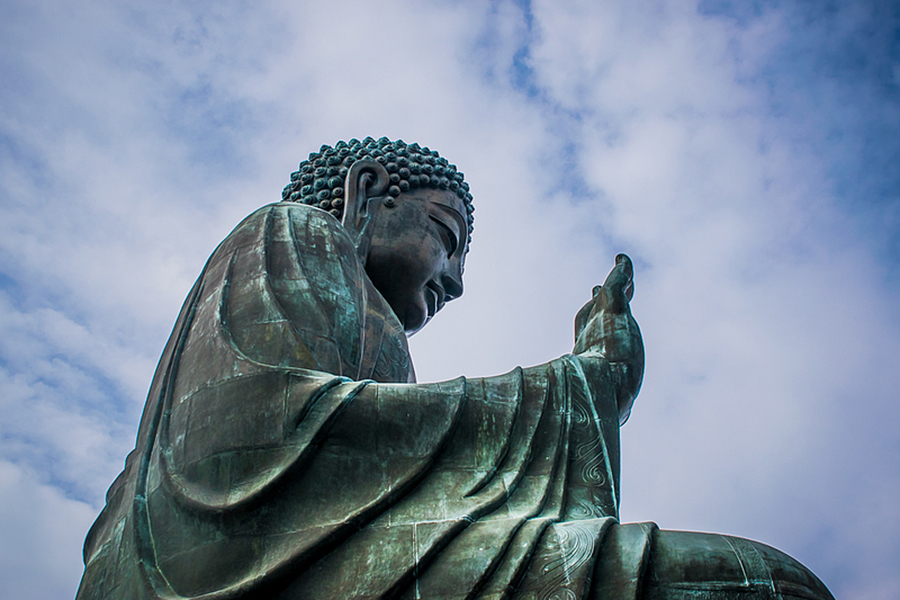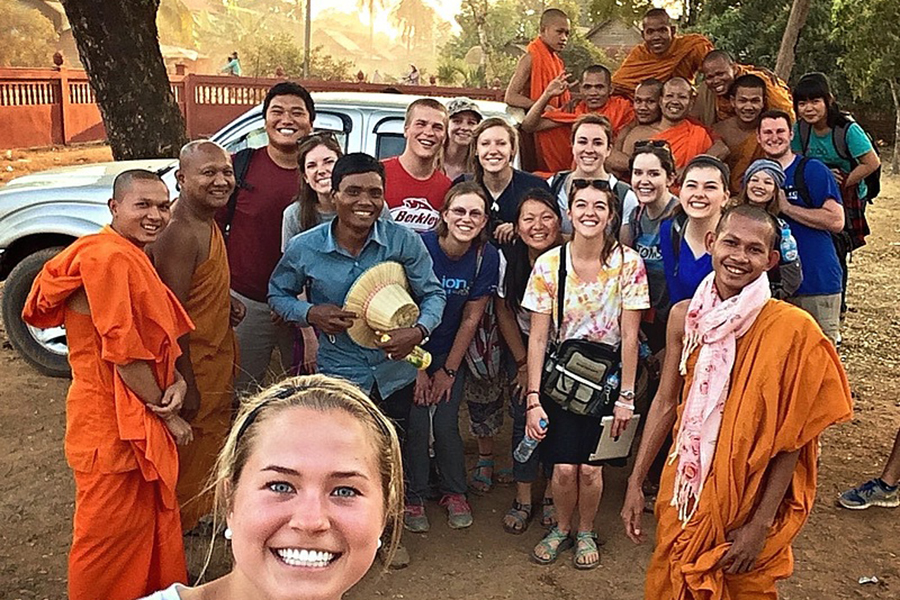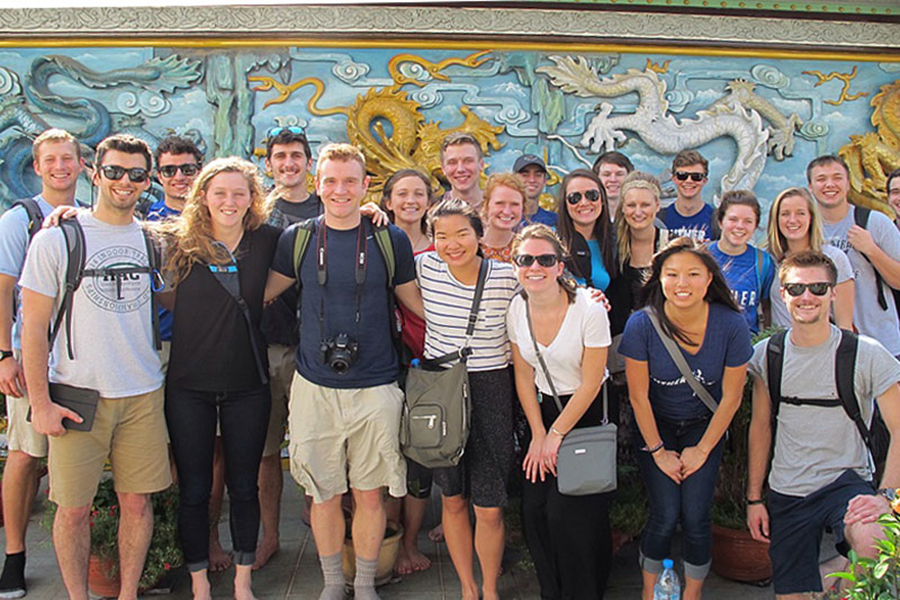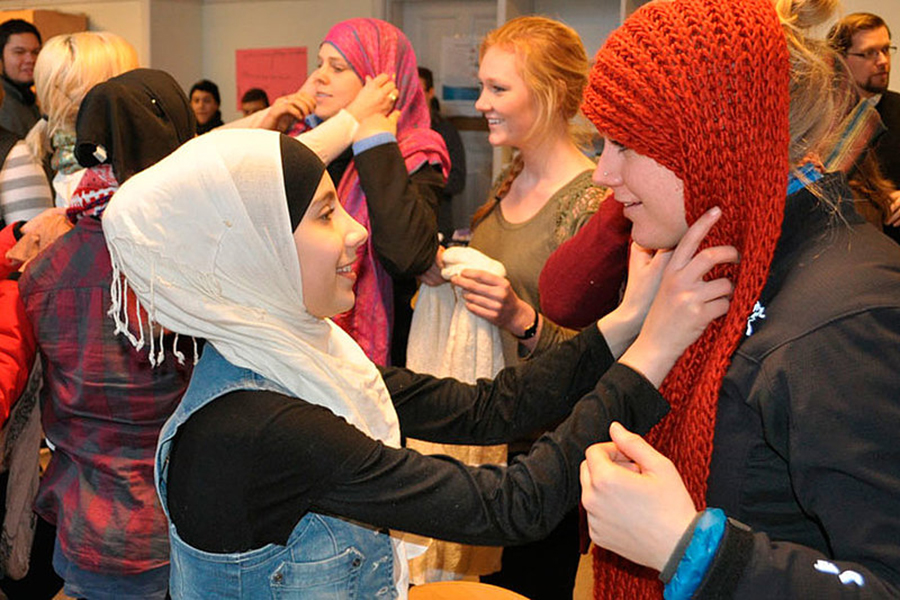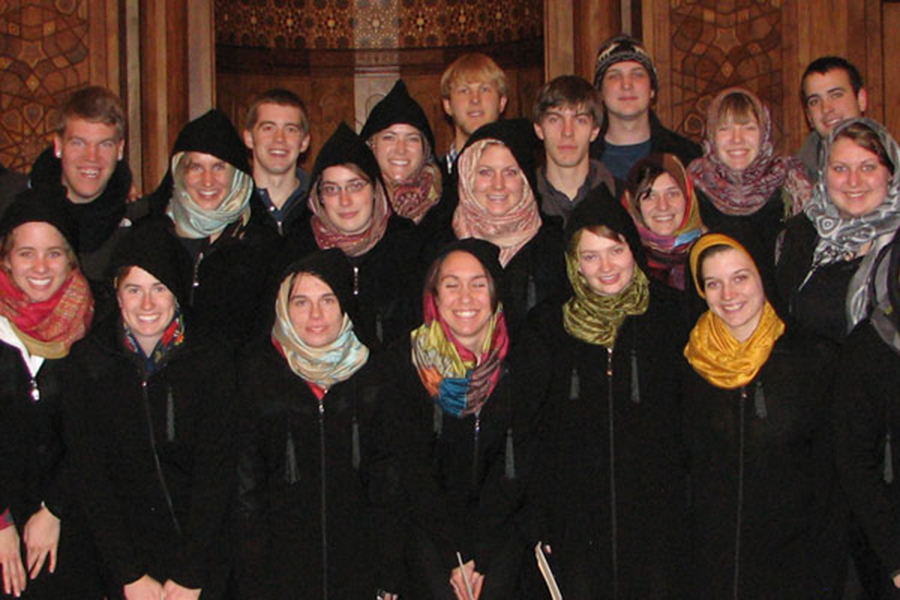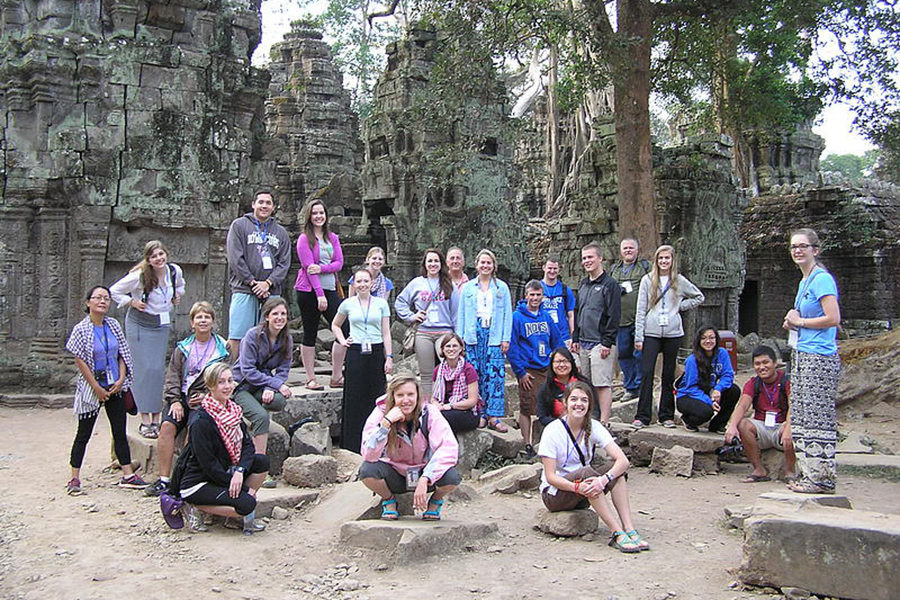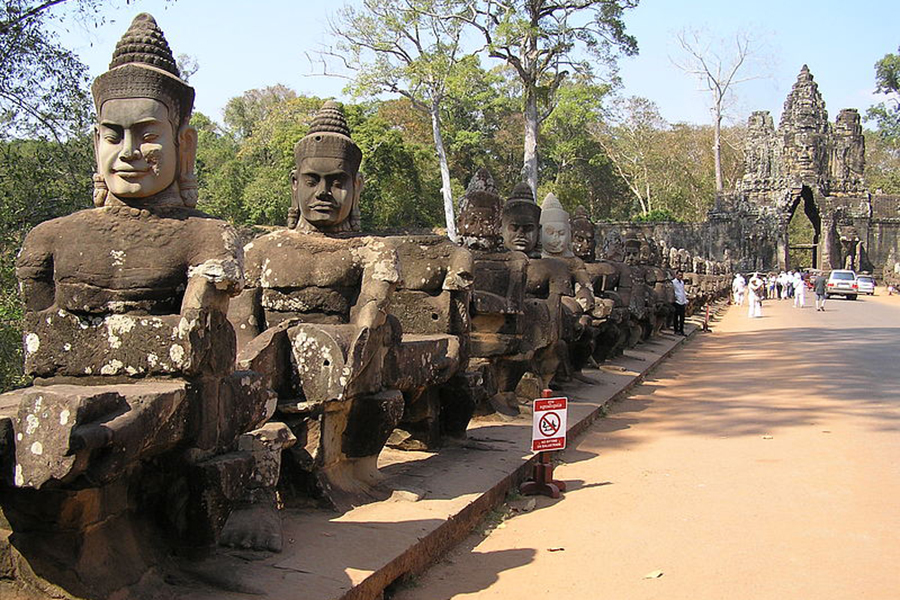Applied Learning
Luther’s academic program stresses education beyond the classroom walls and encourages you to engage in real-world learning in order to test your career goals and gain valuable professional experience.
Internships are a crucial component of this experiential learning, and Luther helps match religion majors with choice internships that ask you to apply what you are learning in the context of a professional workplace.
Internship Opportunities
In addition to a variety of congregational settings, Luther religion majors have interned in such places as the International Labor Rights Forum (Washington, D.C.), the Nobel Peace Prize Forum (Minneapolis, MN), the Mayo Clinic Transplant Center (Rochester, MN), the Lutheran Coalition for Public Policy (St. Paul, MN), and Lutheran Outdoors in South Dakota (Sioux Falls, SD).
Additional Information
For more information about setting up an internship, visit the Luther College Career Center’s internship program. To begin the process of setting up an internship, please make an appointment with the Career Center. If you plan to do an internship for academic credit, please consult with the Religion Department Head as well.
Off-Campus Studies
The Religion Department is home to lots of exciting off-campus study options. These programs are designed for students to experience other cultures’ practices and customs firsthand and to explore religious topics in their natural context.
This course introduces students to Mahayana Buddhism. It explores the development of Mahayana Buddhism, its relationship with other religious traditions, and its influence on culture. The primary teaching method is experiential. Students will visit temples in China and/or Japan, have instructions by an abbot, participate in the monastic life, will meet scholars of Buddhism, visit holy sites, and participate in Buddhist worship. The students will spend three days in a temple, joining the monks in meditation and religious practice. In addition to this experiential dimension, the course will familiarize students with the history, scriptures, and beliefs of Mahayana Buddhism through readings from primary texts, lectures, videos, and class discussions. It will further analyze the Buddhist response to general topics and problems, such as the absolute, the notion of self, the problem of human existence, as well as soteriological and ethical issues.
This course explores traditional and new forms of pilgrimages in China and Japan. In particular, it examines two kinds of pilgrimages: traditional ones to sacred mountains, sanctuaries, and other religious pilgrimage sites, on the one side, and pilgrimages to memorials that commemorate immense natural and human catastrophes in Sendai (3/11 earthquake and tsunami), Hiroshima (dropping of the first atomic bomb), and Nanjing (1937/8 massacre), on the other. What connects these two kinds of pilgrimages is the importance attributed to memory, the desire for healing, and the need for reflection. The goal of this course is to investigate the religious and political dimensions of memory, self-cultivation, and contemplation. The course accomplishes this goal by examining questions such as: What is the social dimension of religious pilgrimages? What is the moral dimension of memory? And what is the spiritual dimension of healing and reconciliation?
This course explores the complex connections between Christianity and the North Atlantic slave trade by: (1) examining slave routes and the geography of enslavement in Ghana, visiting (as possible) cities such as Tamale, Salaga, and Kumasi—exploring landmarks and institutions of the slave industry throughout Ghana; (2) studying and visiting the Cape Coast and El Mina slave castles; and (3) examining and interpreting historical, literary and religious texts related to slavery. We consider the way European and European-American Christians justified slavery—consciously or unconsciously—through interpretive and institutional practices. We also examine the perspective of African scholars and creative writers on the effects of Christianity upon indigenous cultures and social institutions. Additionally, we will speak with local Ghanaians throughout our travels, specifically about their understanding, memory, and relationship to the Trans-Atlantic slave trade.
Contact Information
Kristin Swanson
Professor of Religion
Department Head
Office
Main 303
700 College Drive
Decorah, Iowa 52101
Phone: 563-387-1346
